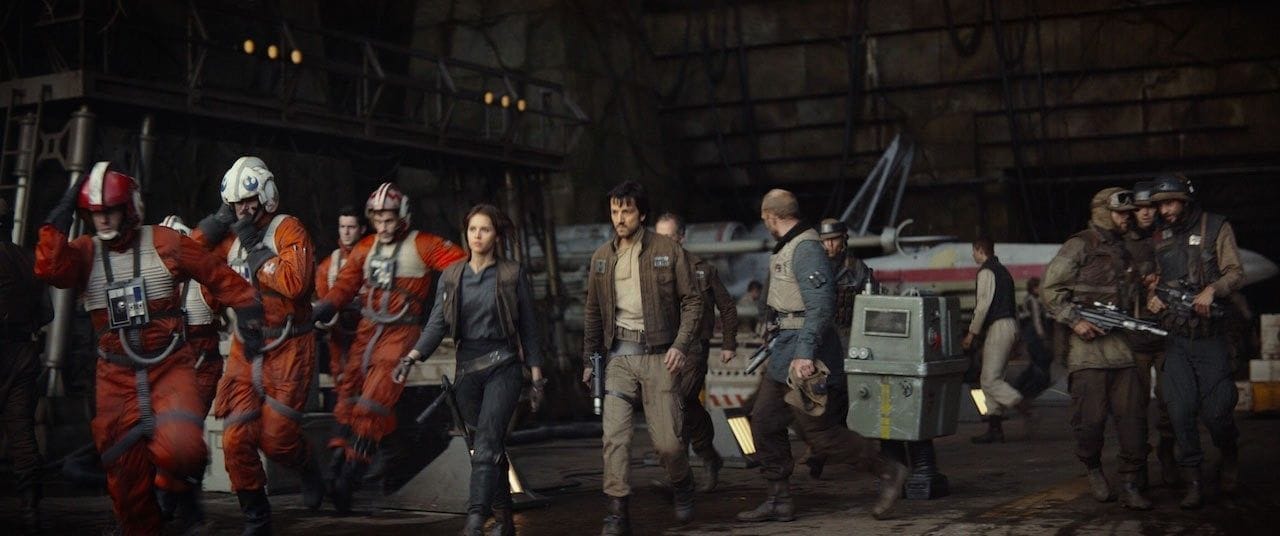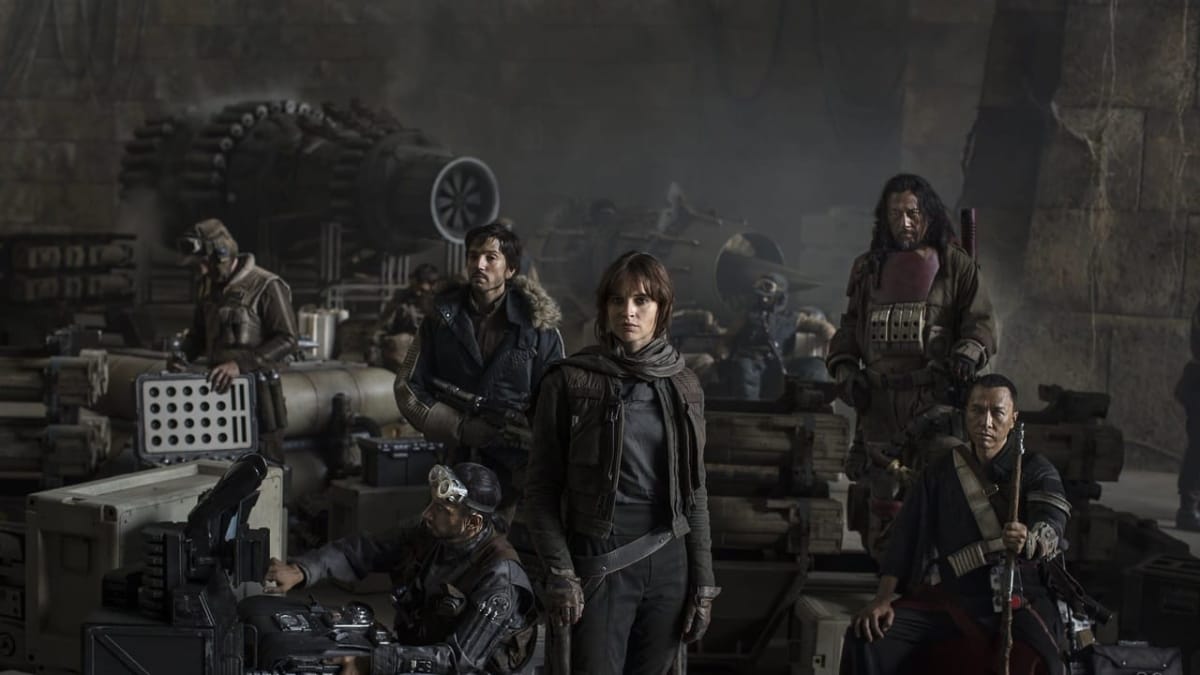It's a tale as old as time itself, and one that you should probably be familiar with given how prevalent it is, especially in games: a happy go lucky normal person suddenly becomes the "Chosen One" and almost singlehandedly does the impossible to save their world/galaxy from an evil force that is immeasurably powerful by taking the concept of a main character and putting it on super steroids. Love it, hate it, or don't care either way, it is an undeniably effective tool to tell a story; too many characters and the intended audience becomes lost, plus it helps people connect with the main character on a more personal level. Star Wars is famous for it (becoming rather literal with the Chosen One trope in the prequels), Halo did it during the Bungie-era of games (Master Chief may not be by himself all the time, but who else is going to fight the Flood?), and even games like Battlefield 1 do it (you may as well be fighting the entire German Army in some of the chapters, though to the game's credit the chapters are presented as a dramatic retelling of an event rather than as a fact).
In some cases, following the story of a Chosen One makes sense; after all, it wouldn't be much fun to follow the story of Mr. Average who dies in two seconds after their introduction (i.e. pretty much every starfighter pilot in every Star Wars movie ever). However, it becomes noticeable in other cases, sometimes to a rather distracting degree. Take Titanfall 2, for example; you start off as an above average Grunt, and after one concussion and a field promotion you turn into this expert Pilot who has killed at least several dozen other Grunts with your own hands along with a few (presumably) veteran Pilots and their Titans. Oh, and you still have to do everything by yourself because your friends are either all dead or just not there until the last couple of missions in the game. Normally, this wouldn't be so noticeable if it weren't also for the fact that you meet other characters who supposedly belong to elite units in the Militia, but they also end up being of little help. Once again, this may not be that bothersome all things considered, but it is definitely something that can be improved upon (and we all want our entertainment to be the best that they can be, no?).
After all, that Rogue One: A Star Wars Story can shift the focus of the beloved franchise from one super-character to highlighting a small set of above-average characters shows that it can be done, and perhaps more importantly, that it can be done well. Yes, Jyn Erso may be the main character, but she isn't the only one who is a part of Rogue One, and she does a really good job of making her plot armor subtle. By the end of the movie, Jyn doesn't have the highest kill count or pressed all the buttons or even had the most emotional scenes (although that's a bit more subjective), but she didn't have to because she was the catalyst of the story; everyone else pushes the buttons and kills all the people because she is the one who is moving the plot along and inspiring people to do such things.

To put it in gaming terms, Rogue One could've easily been rather similar to Titanfall 2 or Call of Duty, where the main character goes around doing everything despite being not that special while all the other side characters act more like really annoying cheerleaders, but this would've diminished the threat of the Empire if you saw just one supposedly average person doing everything. Showing that the Death Star plans were stolen (I don't know what to tell you if you think that that was a spoiler) by a group of people whose individual actions contributed equally to the end result, on the other hand, enhances both the protagonists and villains by making everything that they do have that much more meaning. It would be akin to taking your average FPS and turning it into something like Overwatch. If you could heal, tank, and do damage all at the same time, even the toughest enemies can feel more like a nuisance than anything else. But if you had to rely on someone else to do something that you cannot possibly do, then suddenly you start to acknowledge that maybe you should turn around from time to time to make sure your healers aren't getting killed.
Will other forms of media catch onto what made Rogue One stand out from all the other Star Wars movies despite not necessarily having the biggest explosions and the largest battles? Maybe, maybe not, but it would be foolish to ignore what made it special. Besides, with Halo 5's decoupling of the story from focusing on just Master Chief (even if just for the sake of co-op immersion purposes), perhaps the next great step in singleplayer gaming can be taken by making AI controlled teammates just as effective as having another human being playing with you. After all, you gain nothing by taking the safe and steady route (as Call of Duty and Assassin's Creed have shown), but when you take a chance, you might get another chance, and yet another, and another ...
Have a tip, or want to point out something we missed? Leave a Comment or e-mail us at tips@techraptor.net













